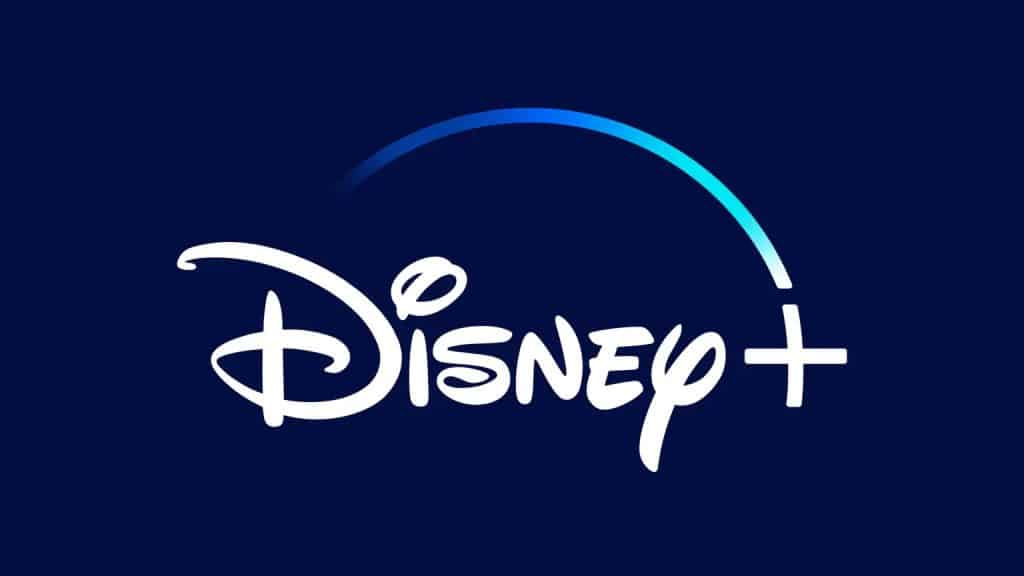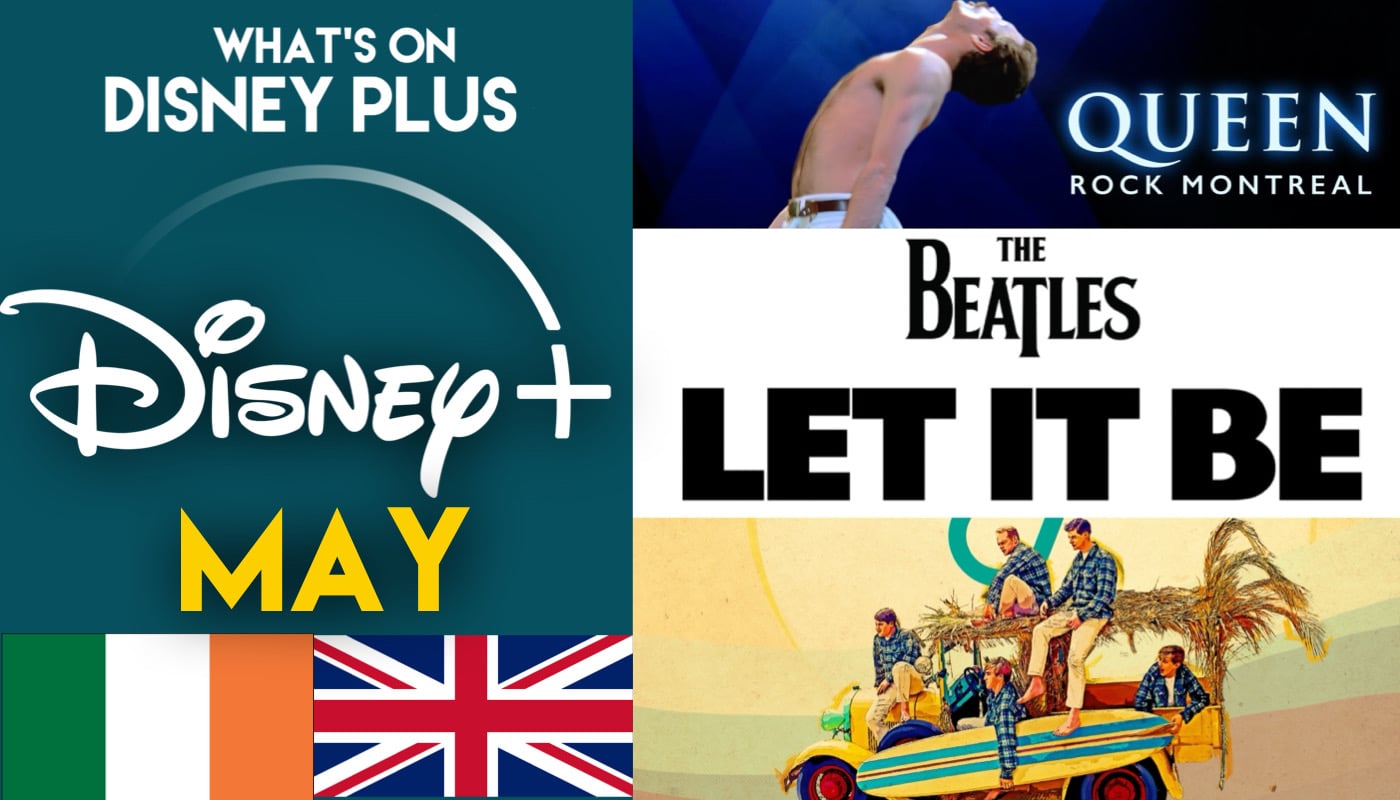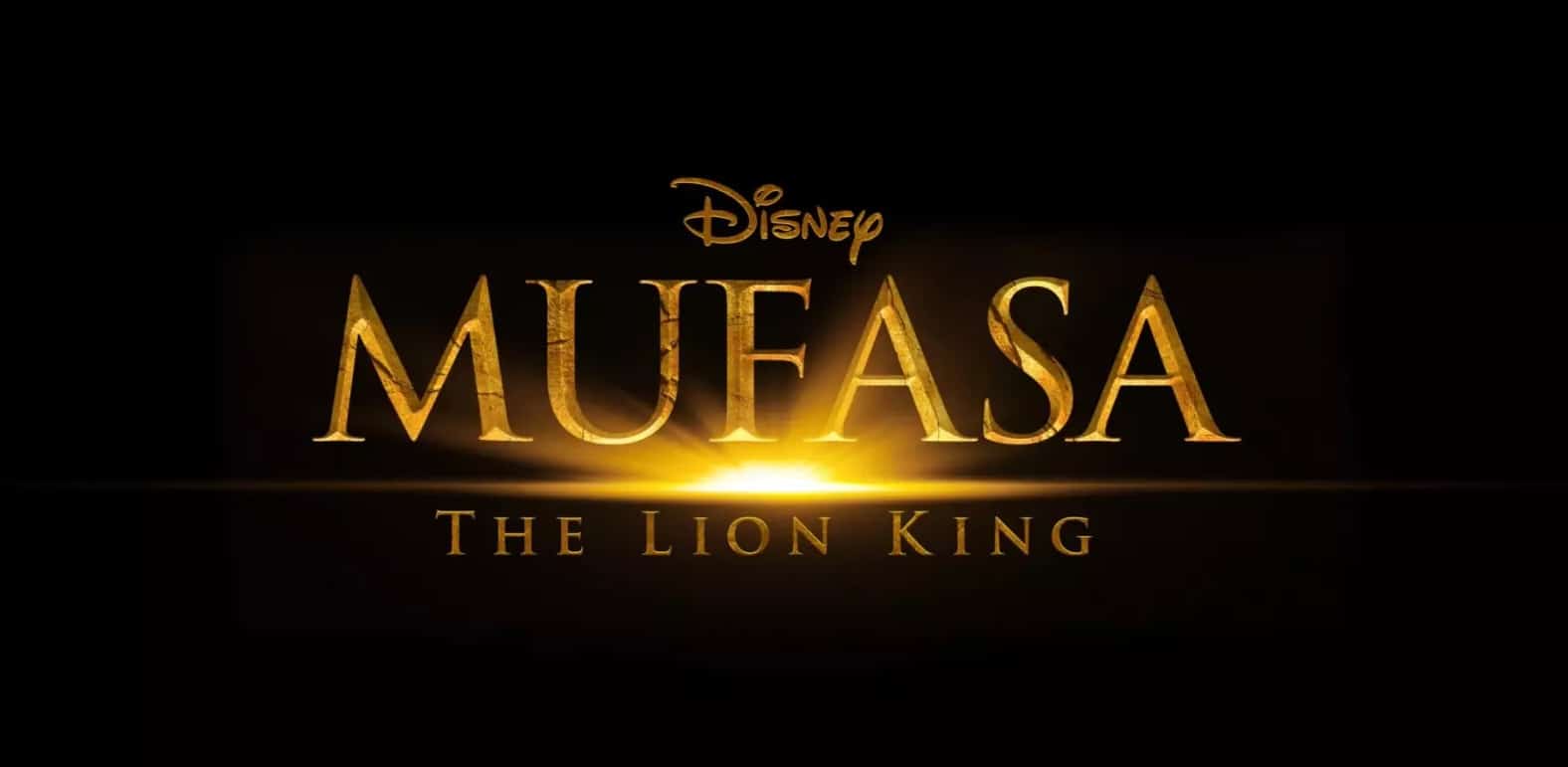
Could Content Removals On Disney+ Become More Common?
When David Zaslav took over the reins of Warner Brothers Discovery, he started making some major changes to its streaming strategy, he pivoted back to focusing on theatrical releases instead of direct-to-streaming films, and he cancelled films like “Batgirl” that hadn’t even hit our screens yet. He also started removing cancelled shows from HBO Max as tax write-offs and started removing shows like “Westworld” from HBO to sell to free streaming platforms, all in an effort to save money following the merger of the two companies.
These moves shocked entertainment fans around the world, as one of the principal ideas of what streaming service was, a huge collection of companies’ work from across decades, was thrown out with the rule book. Many had hoped the decisions Zaslav had made would only apply to Warner Brothers Discovery, but very quickly, other studios around the world started copying some of the cost-cutting methods to bring down the cost of running a streaming servicstudio’so top up the studios bank accounts.
As you might expect, former Disney CEO, Bob Chapek, quickly followed the idea, making a shift to release streaming shows on linear networks first to “cook the books” to make the streaming division look stronger.
We’d previously seen titles removed from Disney+ due to existing contracts with companies like HBO and Starz, but late last year, hundreds of shows and films were removed from Disney+ around the world. The majority of these removals were lesser-known titles and original shows that had been cancelled after one season, such as “Rebel” and “Queens”, which were also removed from Hulu in the US.
Thankfully, the Disney+ removals started to slow down once Bob Iger returned to the company, but it is very possible, that now that Disney is looking to make over $3 billion worth of cost-cutting measures to bring the company under control. The majority of the savings will involve cutting 7000 jobs and restricting how many general entertainment shows we see created by Disney, but it we could potentially see more removals.
Recently, an industry insider told Deadline,
“There’s billions of dollars that is sitting there in the Netflix library not doing a thing; shows come and go and then they just sit there. I think the one thing we’re all realizing as an industry is this whole idea that everything you produce, you could put it in one place forever and ever for $15 a month, it’s not possible to make a viable business there because the numbers don’t add up.”
The removal of cancelled shows across all streaming platforms is also a major issue for the creators of the show, since with the shows removed from all platforms, they are no longer making any money on them. With streaming platforms, creatives assumed their content would at least stay on the platforms for people to enjoy. Two agents told Deadline:
“I understand the nature of the business and how everything is consolidating and changing and so forth, but it’s just really affecting the creative process. That’s the most upsetting and frustrating part of it. It’s not like my clients are doing these streamer shows and making huge money on residuals. It’s about an opportunity to have exposure and do their best work.”
“We got to a place, thanks to streaming, where people felt like their show might get canceled but at least if it got sold to, say, Netflix, it was always going to be there. At least what they did still existed in the world.’”
It’s not just Disney and Warner Brothers Discovering doing this; it’s happening at other studios too. Recently Disney CEO Bob Iger spoke about the idea of licensing content out to other platforms. A business affairs expert explained:
“They look at the quantity of eyeballs watching, when and how long and if that title somehow plays into the subscriber deciding to stay or not cancel a subscription. They may also look at the quality of the eyeballs. Maybe it’s a demo that would be better served by putting the title on an AVOD (advertiser-based on demand) or FAST (free ad-supported streaming TV) platform and monetize it by getting ad revenue.
The creatives will potentially participate in the downstream revenues from licensing and residuals, as opposed to the title sitting in a back catalog on a streamer that no one is watching. Where did those meh titles used to live in the old days anyway….on the shelf in the company library. So anything is better than nothing, I guess.”
While we are probably very unlikely to see major popular shows like “The Mandalorian” or “WandaVision” licensed out to other streaming services, it wouldn’t be a big surprise to see shows that have failed to find an audience, cancelled shows or just older less popular shows being removed from Disney+ and Hulu, to be released on other platforms. There is also a potential that the shows and films that are eventually licensed out, could be done on a non-exclusive base, so they don’t leave Disney+ or Hulu.
There are thousands of social media comments a day asking for classic shows from Disney to be released onto Disney+, but in reality, the majority of these are lesser-known titles, that very few people would actually watch, or possibly just watch an episode or two for nostalgia purposes and move on. The added cost of restoring an older show or sorting out the musical licenses, and there is also the cost of residuals to creators and actors involved in these projects, are all issues why older content hasn’t been a top priority for Disney in the past year or so.
In the past 18 months, we’ve barely seen any classic content added onto Disney+, but licensing does offer a way of covering some of these additional costs. Should Disney sort out the issues required with getting an older show or film into a position to be released on a streaming service, licensing it out first to a FAST channel before it is added onto Disney+, could help cover the costs and potentially make a profit.
Unfortunately, the idea that streaming services, including Disney+, are the home of everything a studio creates, is no longer a reality, and as they evolve, hopefully, there is a way forward to keep everyone happy. Subscribers get to watch the shows and films they want to, while companies like Disney make money. The next few years might be a little bumpier than we thought it would be.
What do you think of Disney+ removing titles? Let us know on social media!






